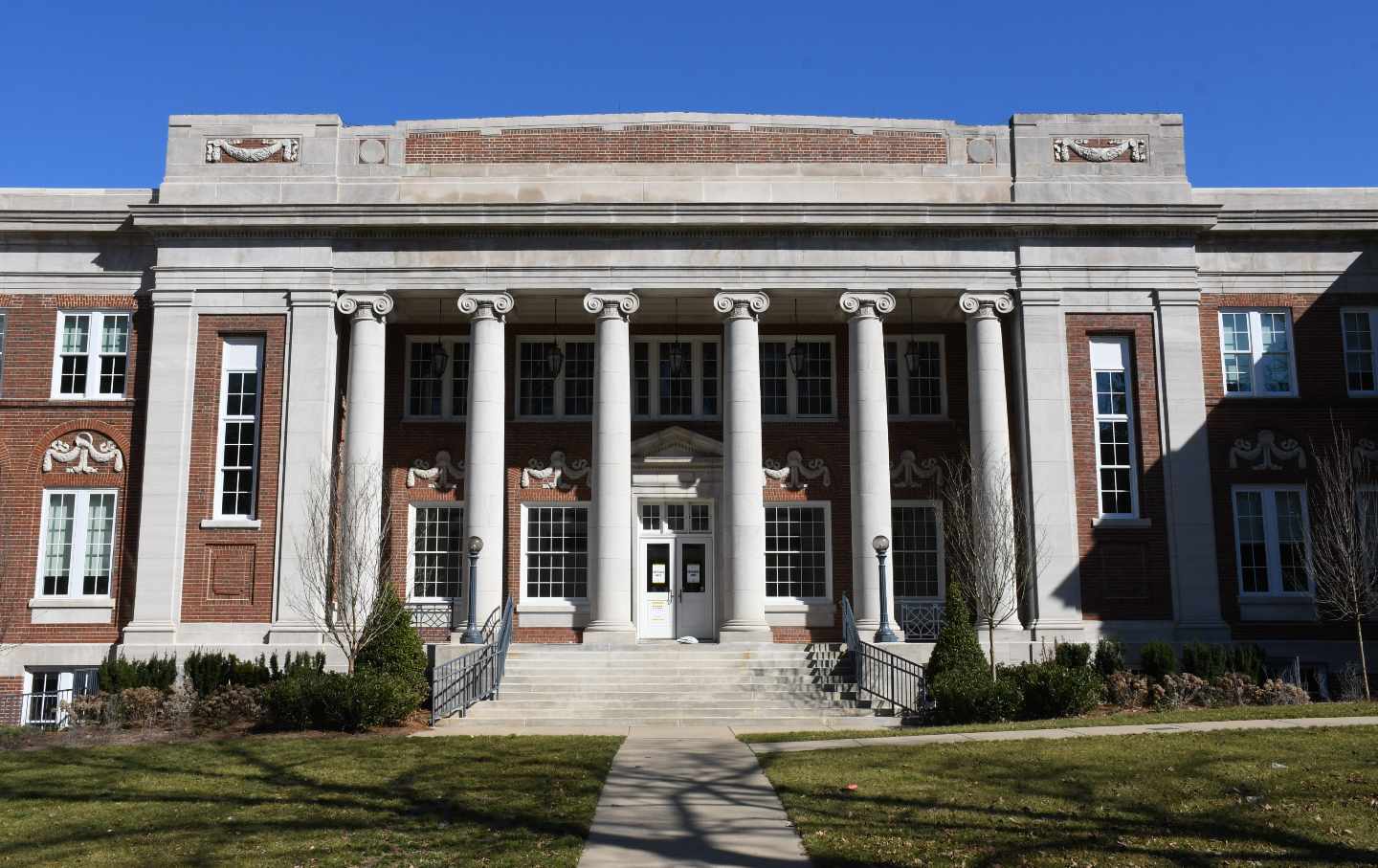September 15, 2025
Vanderbilt Uses “Institutional Neutrality” to Protect Against Trump. But Is It Truly Neutral?
By Nic Wong
The university has largely complied to the government’s efforts to reshape higher education as critics on campus question the role of neutrality altogether.

Over the last few months, Vanderbilt University has tried to remain calm. After Trump returned to the White House, the school tried to give the impression that it has largely evaded the federal crackdowns sweeping college campuses nationwide. The university has refrained from issuing strong statements about the administration’s policy changes and has repeatedly affirmed its commitment to complying with the law. Vanderbilt was absent from a letter signed by over 500 leaders in higher education challenging the administration’s actions, as well as from an amicus brief supporting Harvard in court against targeted federal attacks. Though students have expressed fears about potential ICE agents on campus, the university has offered virtually no communication or guidance on the matter.
Despite this projection, Vanderbilt has not been immune from the government’s efforts to reshape higher education. Federal funding cuts and grant freezes have hit Vanderbilt researchers hard; in a February message to students, the university admitted NIH grant cuts could create a “$40-50 million annual funding gap” at Vanderbilt. The Department of Education began investigating Vanderbilt in March over its use of DEI principles in graduate student admissions and programming, and Senator Ted Cruz flagged almost $5 million in National Science Foundation grants awarded to Vanderbilt over similar charges of DEI and “far-left” bias. Meanwhile, ICE raids have rocked Nashville, and international students and faculty have faced travel bans and targeted scrutiny at peer institutions.
Privately and internally, Vanderbilt’s administration has responded to these changes largely through compliance. Across Vanderbilt’s websites, references to DEI have been removed, and administrative groups and positions related to DEI have been reorganized or renamed. International students have received private messaging from the university regarding international travel, maintaining immigration and visa status, and guarding their social media presence.


